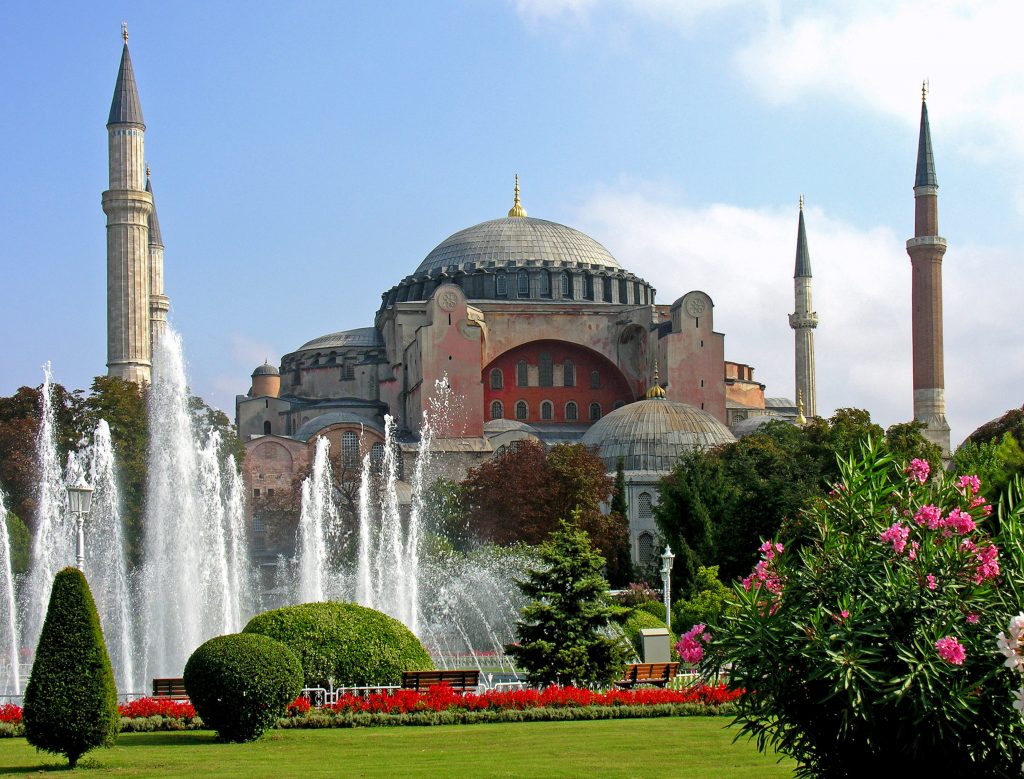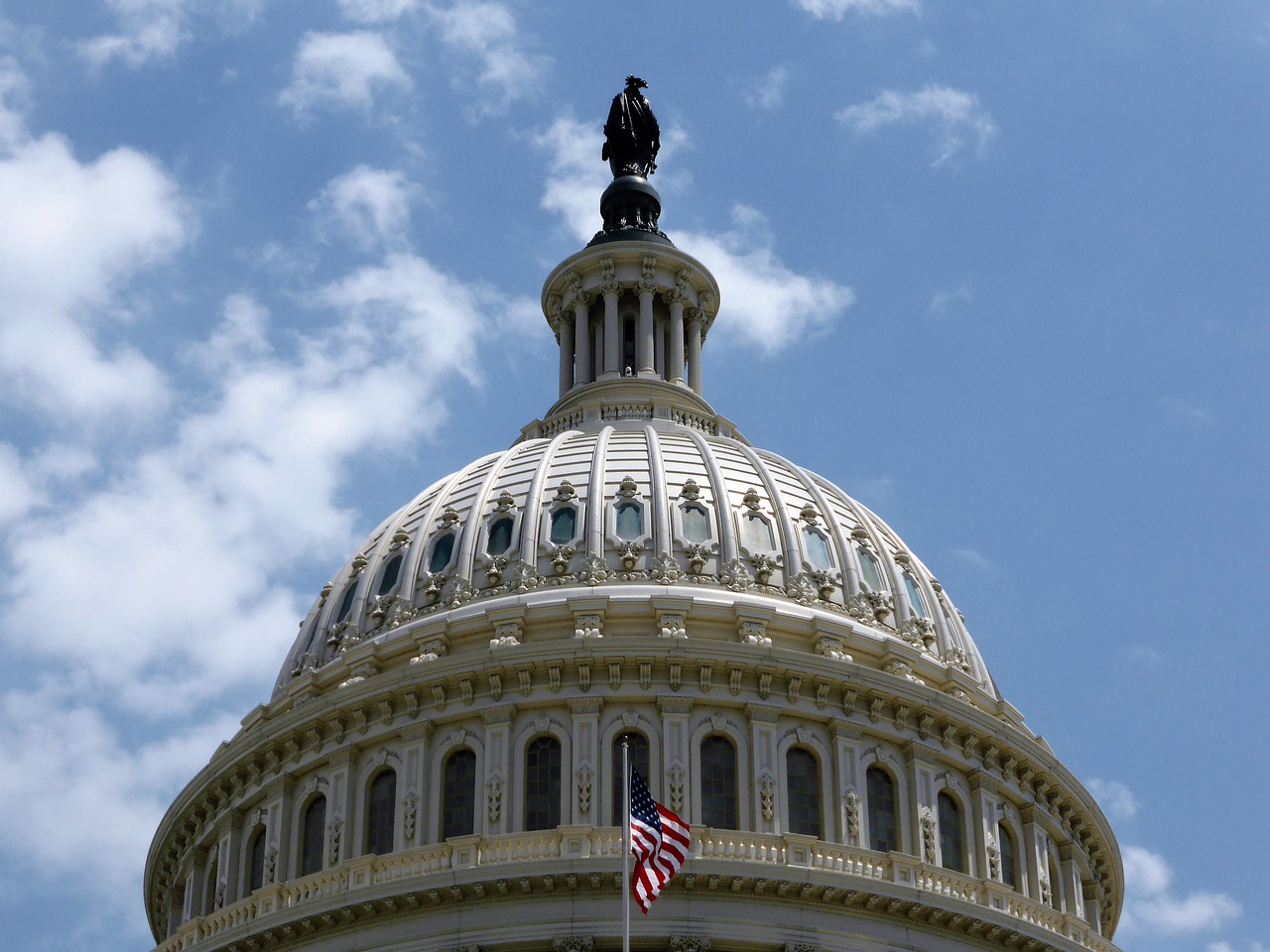Erdogan and His Party Win Turkish Elections as They Grip Onto More Political Power
Turkish president and former Prime Minister Recep Tayyip Erdogan wins re-election in recent national elections on Sunday, June 24. Erdogan and his political party, the conservative Justice and Development Party or AKP, won by large percentages of the vote as well as more seats in the national parliament. Avoiding a second-round runoff election, Erdogan received 52.5% of all votes counted whereas his primary rival from the center-left Republican People’s Party, Muharrem Ince, gotten 30.7% of all votes. Leftist candidate from the People’s Democratic Party, Selahatti Demirtas, came in third place with 8.4% of the vote. The only major female candidate in the race, Meral Aksener of the newly formed centrist Iyi Party, was in fourth place with 7.3% of the vote.
In the legislative elections, Erdogan’s party will get 293 seats in the national parliament based in Ankara and their coalition partner, the ultra-nationalist MHP or Nationalist Movement Party will gain 5o seats. Ince’s party won 146 seats, Demirtas’s party won 67 seats due to Kurdish support, and Aksener’s new party won 44 seats. The unicameral legislature has 600 seats in total.
Erdogan’s presidency comes with more power and authority over the government since the 2017 constitutional referendum where 51% of voters supported more powers given to the elected position as both the head of state and government. Abolishing the position of prime minister, Erdogan will have the power to directly appoint primary public officials, intervene in the national legal system, and impose a state of emergency. From 2003 to 2014, Erdogan was the country’s prime minister until his presidency. Due to constitutional changes made by himself and his party, he could run for a second term in 2023 and if elected for another term, he could rule until 2028.
During Erdogan’s rule, investments in the national economy have increased as well as stronger security measures against Kurdish militants and Islamic terrorists. However, especially since the 2016 coup attempt, his government has cracked down on thousands of various opposition leaders, alleged coup plotters, journalists, and educators. One of his biggest vocal critics in the opposition is Fethullah Gulen, a former imam with a national movement consisted of companies, schools, and media outlets that support him and his own views of moderate political Islamism. Gulen is currently in exile, residing in the Poconos of Pennslyvania.




